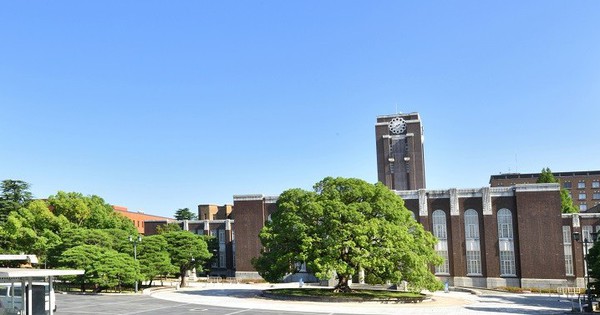Every day, more than 10 billion cells in the human body fulfill their role and die, and are eaten and removed by immune cells called macrophages. When the unnecessary cells accumulate instead of dying, due to aging and other factors, this leads to various health issues such as cancer and autoimmune diseases.
The research group developed Crunch, short for Connector for Removal of Unwanted Cell Habitat, a protein that binds to unwanted cells to make it easier for macrophages to pick out their target.
By modifying the Crunch protein’s structure, it can latch onto different types of unwanted cells.
Mice with skin cancer or autoimmune diseases were injected with Crunch protein.
The team confirmed that harmful cells, such as cancer cells, either exhibited suppressed growth or were reduced in number.
The team’s findings were published in international scientific journal Nature Biomedical Engineering on Wednesday.
The team hopes to begin a clinical trial on humans for the Crunch protein within three years, with a goal to achieve practical application of the new technology in the 2030s.
“Currently, cancer cells are killed through chemotherapy or immune cells, before being removed,” Kyoto University professor Jun Suzuki, who specializes in cell membrane biology, said.
The Crunch protein “will allow (cancer cells) to be effectively removed while still alive, hopefully resulting in new forms of treatment,” he added.

https://jen.jiji.com


AloJapan.com